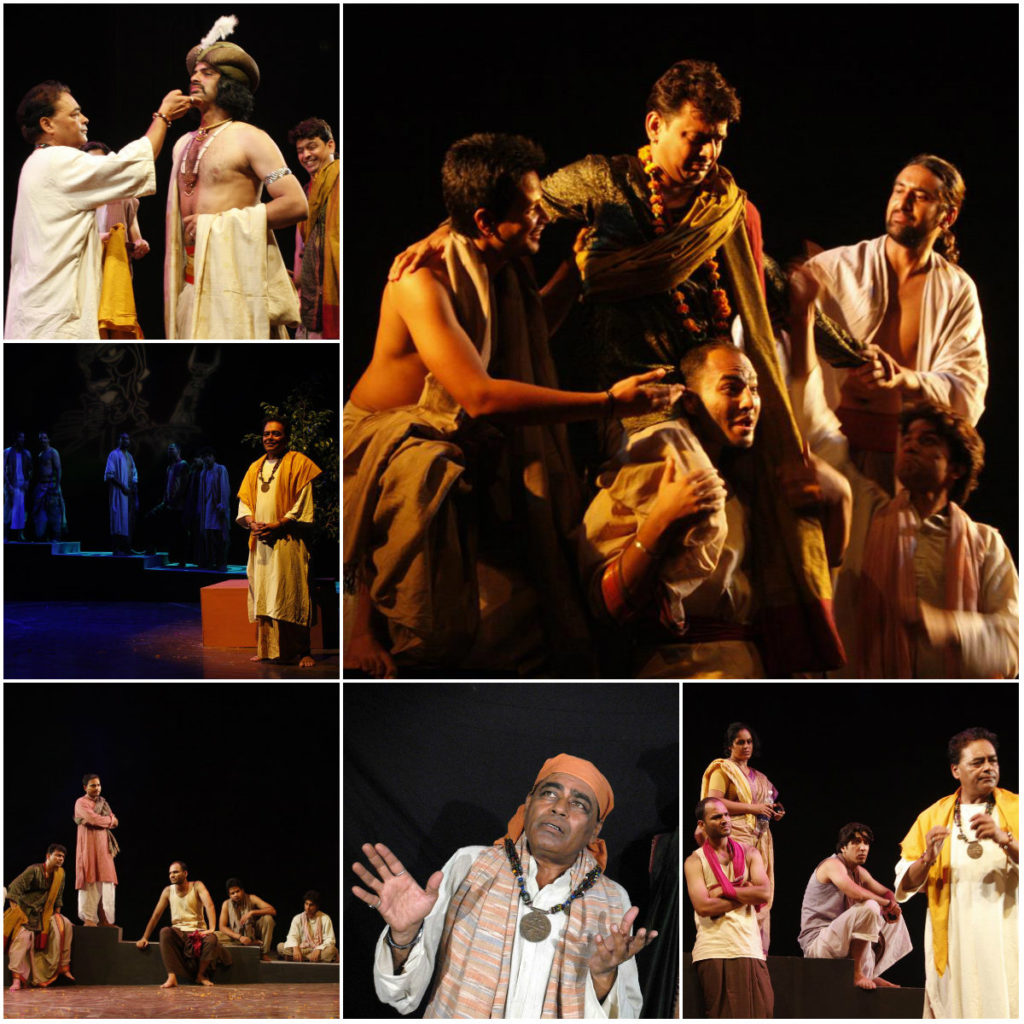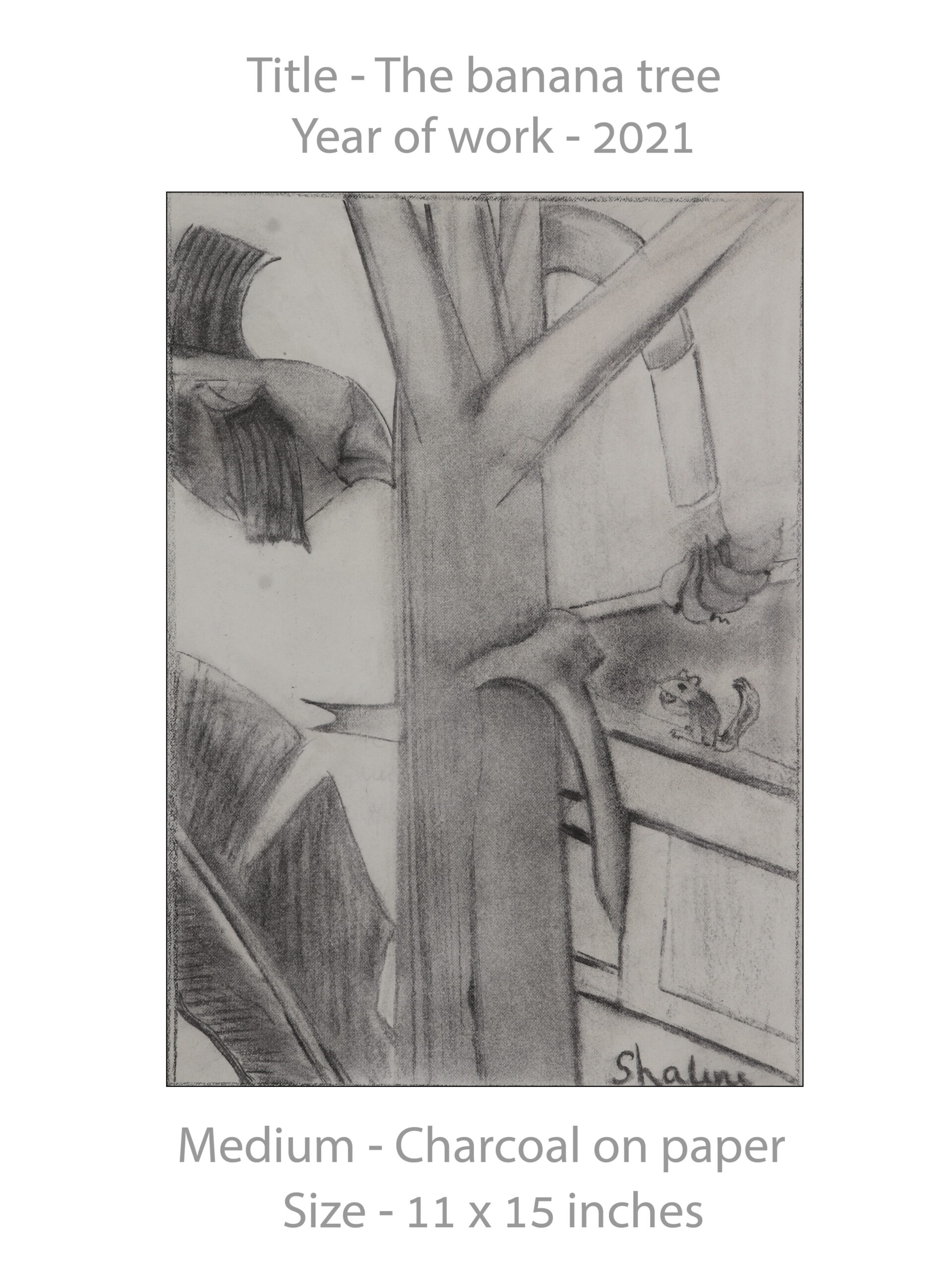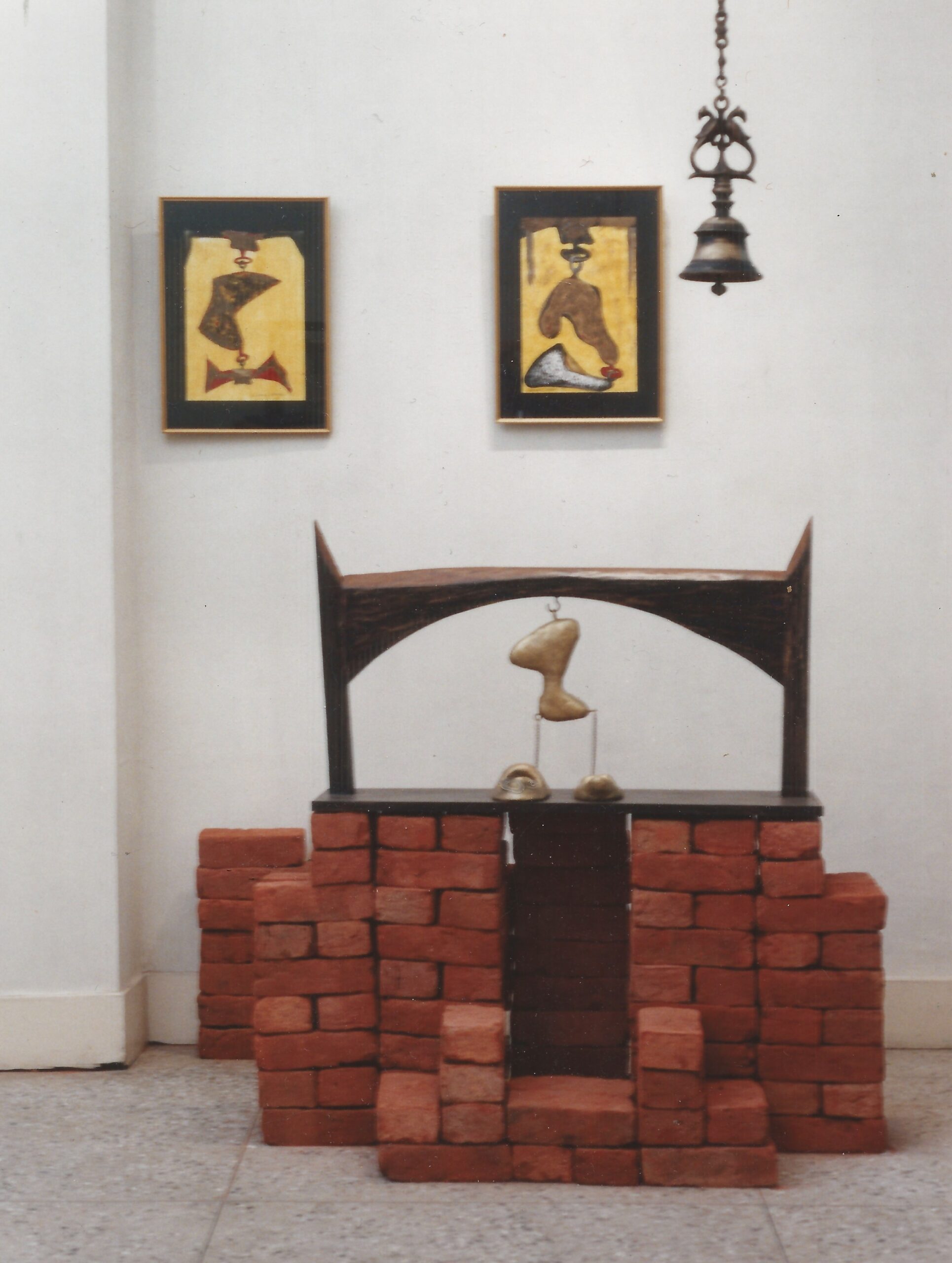Synopsis
To commemorate Tagore’s 150th anniversary, a theatre group is shown busy, rehearsing his celebrated play Muktdhara. During the rehearsal, an argument about the relevance of the play in the present time erupts among the actors. This argument leads to the famous debate between Tagore and Gandhi, and the issue of man’s freedom in today’s scenario. The discussions leads to many real issues faced today, like the Farraka ‘barrage’ and its effect on Bangladesh agriculture and fisheries, the effects of free economy and consumerist culture on the society as well as ‘Gandhian socialism’ v/s ‘Marxist socialism’. After serious arguments and counter arguments among the actors, the debate remains inconclusive and the play unperformed.
About The Director
An NSD alumnus, Bhanu Bharti is best known for his bold innovations and creativity in Indian theatre. In search of an authentic theatre experience, he has engaged in a lot of things, from conventional modes to the freedom of folk idioms, highly stylized Noh and Kabuki theatre to the utterly liberated tribal Bheel ‘Gavari’ style of his native Rajasthan. Such eclectic influences have informed his seminal directorial output like Pashu Gayatri, Amar Beej, Kaal Katha, Taambe ke Keere, Chandrama Singh urf Chamku and Katha Kahi Ek Jale Hue Ped Ne. Indefatigable and multi-dimensional, he is acclaimed as an actor and as author of original plays like Tamasha na Hua, Chandrama Singh urf Chamkoo, Katha Kahi Ek Jale Ped Ne and Nachinai. He has launched many thought provoking events such as the Centenary of Satyagraha, Pravasi Bharatiya Divas, and Celebration of Indian Freedom – Bharat Utsav.
He has been honoured with the Sangeet Natak Akademi Award in the field of theatre as a director and the prestigious ‘Nandikar’, an award for lifetime contribution to theatre.









